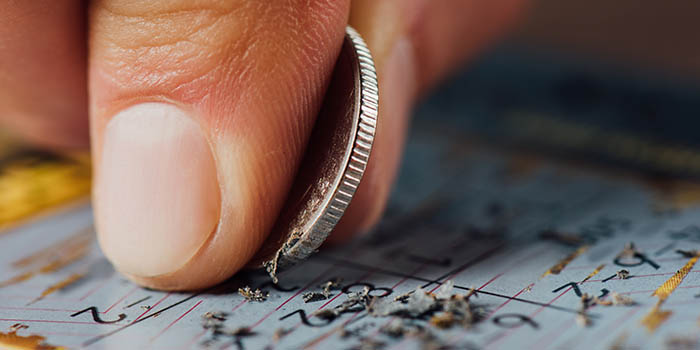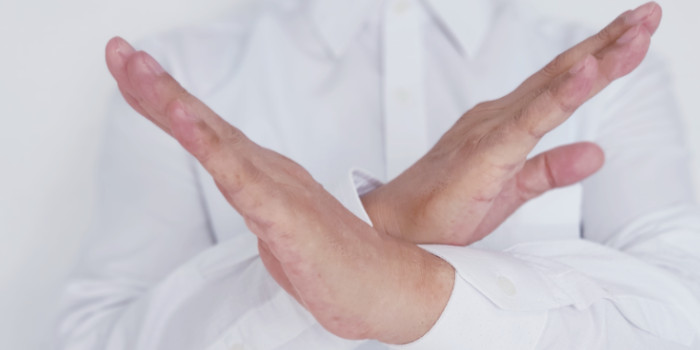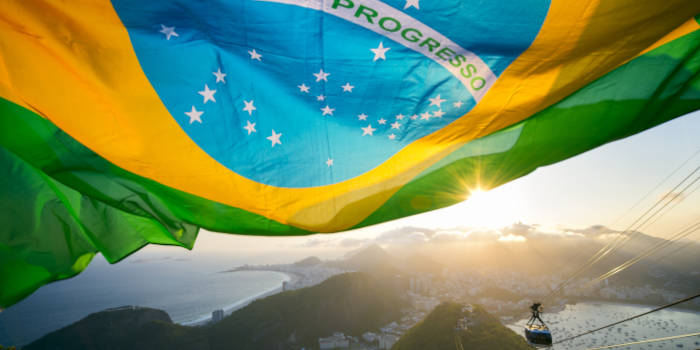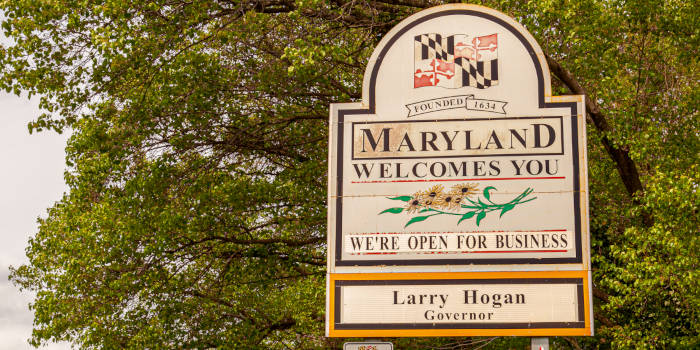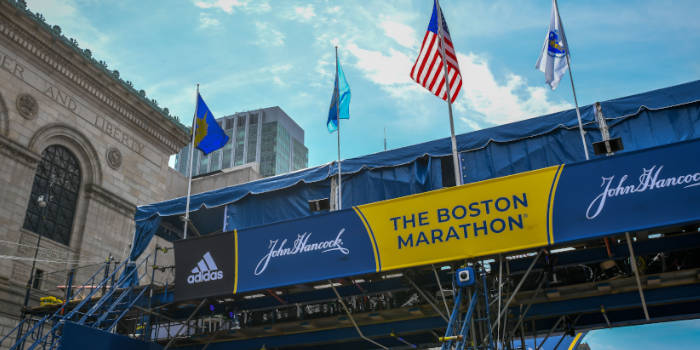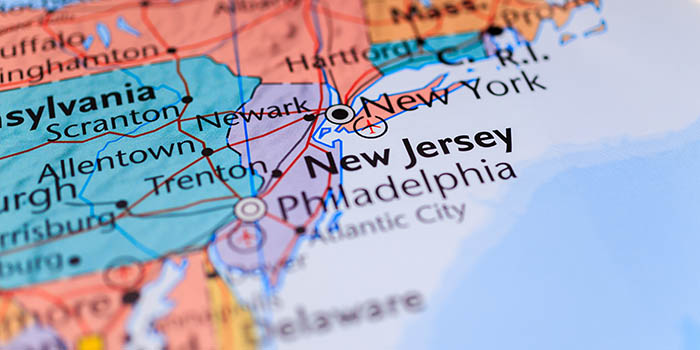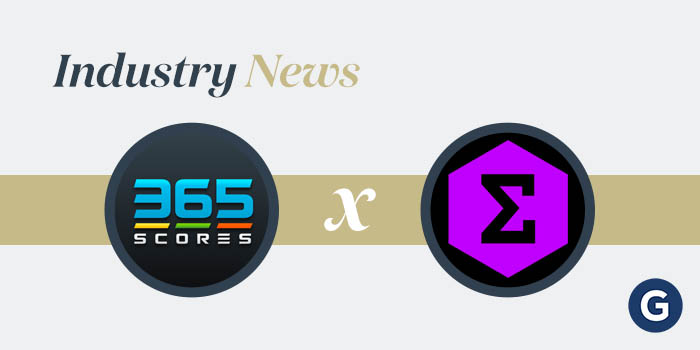Florida Able to Recover from Almost-certain Defeat of Sports Gambling

It seemed like Florida was about to miss an opportunity to reap the benefits of sports gambling this year, but it has apparently found success at the last minute. Governor Ron DeSantis and the Seminole Tribe of Florida have reached an agreement for a new tribal gaming compact that will see the Sunshine State launch legal sportsbooks. However, the terms of the agreement are almost certainly going to be heavily weighted toward one side of the negotiating table. The final details of the new compact are expected to be released today.
The Seminole Tribe Takes Control
Only a week ago, it appeared as though Florida had virtually no shot at reaching a deal with the Seminole Tribe to bring sports gambling to the state this year. However, DeSantis doubled down on his efforts to negotiate with the tribe and was able to find a solution. The new arrangement will reportedly have the Seminole Tribe receiving virtual exclusivity over sports gambling in the state, as well as exclusivity to operate craps and roulette at its seven casinos. Sweetening the deal is the right to build three more casinos in the state, provided they are constructed on tribal land.
The Seminole Tribe, according to the initial reports of how the compact is to be structured, will be the central point of sports gambling but will be allowed to work out deals with booking agents to operate at stadiums and casinos. However, none would be allowed to operate within 100 miles of any Seminole property. The tribe would receive a piece of all the action in the state, but parimutuels would be able to negotiate deals with major sportsbooks for online operations.
The new agreement isn’t completely unbalanced in favor of the tribe. Florida’s parimutuels will now be allowed to offer certain card games that the tribe has previously argued infringed on its gaming exclusivity. Those games led the tribe to begin withholding revenue-sharing payments to the state several years ago, but there are no details on if it will now repay that money. Going forward, though, the tribe will likely pay $500-$600 million a year – substantially more than the previous $350 million – in a new revenue-sharing agreement that will be in place for 30 years. The Seminole will also give up 10% of the pari-mutuel operator’s net earnings and 13.75% of its own sports gambling net revenue.
Time Is Quickly Running Out
Although an agreement between the state and the Seminole Tribe has been reached, there is still more to be done before Florida’s sports gambling market can go live. The current legislative session ends on April 30, and the Department of the Interior (DOI), which provides oversight of Indian affairs across the country, has to sign off on the arrangement before anything else can happen. There is also an issue with a provision in the compact that would allow a new commercial casino in Miami, a move the Seminole had previously rejected. The tribe is amenable to the idea, but a public backlash is coming over concerns that the move is in violation of the state’s constitution.
Should the DOI sign off on the arrangement quickly enough, some state lawmakers are ready to hold a special session, if necessary, to find a resolution to the sports gambling problem this year. Others, like House Speaker Chris Sprowls, are apparently more interested in taking a break and not working a little harder to help Florida open a market that is reportedly worth $2 billion a year. He feels that it’s “pretty late” to try to address sports gambling so close to the end of the current session.
Erik brings his unique writing talents and storytelling flare to cover a wide range of gambling topics. He has written for a number of industry-related publications over the years, providing insight into the constantly evolving world of gaming. A huge sports fan, he especially enjoys football and anything related to sports gambling. Erik is particularly interested in seeing how sports gambling and online gaming are transforming the larger gaming ecosystem.


